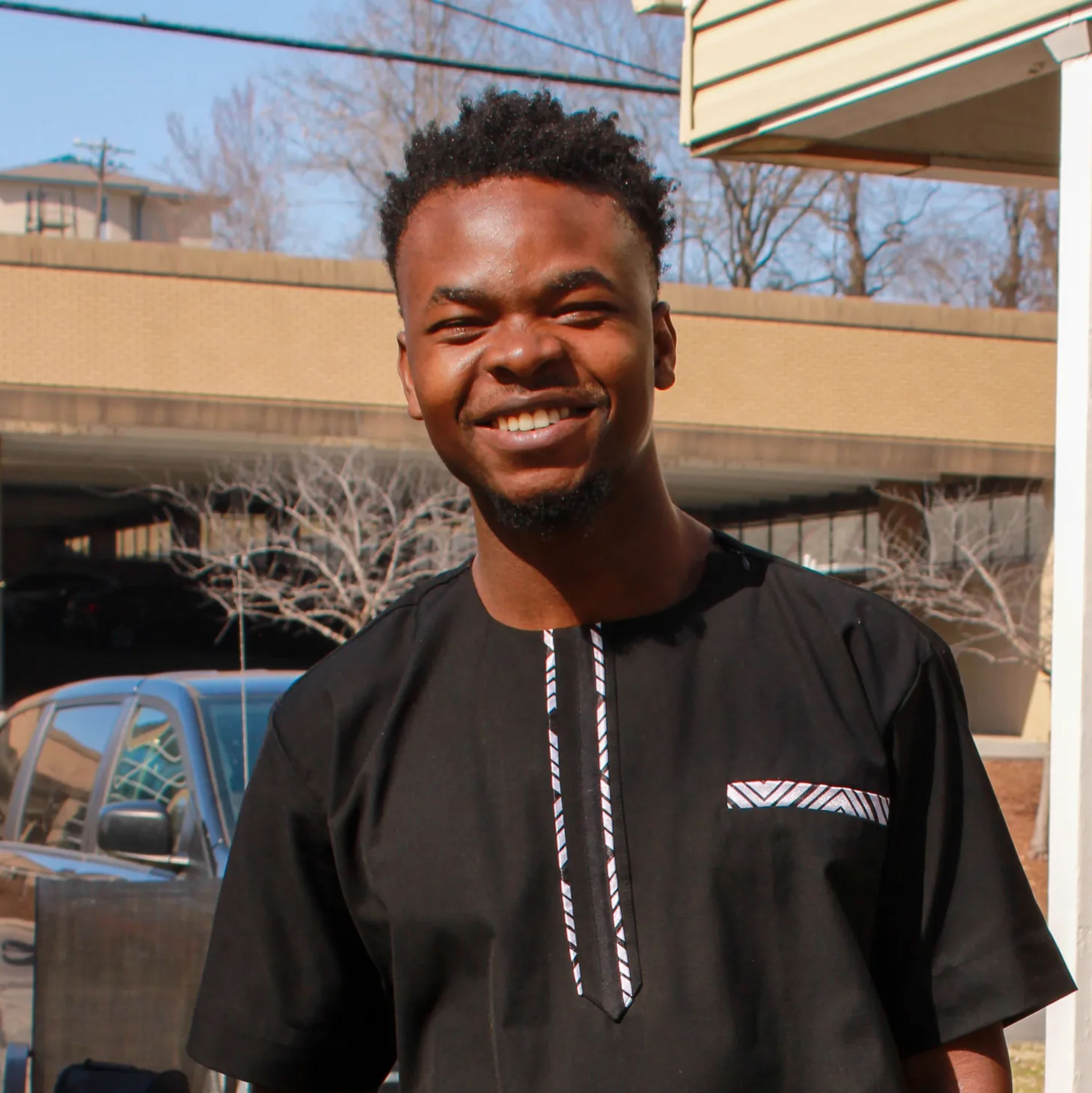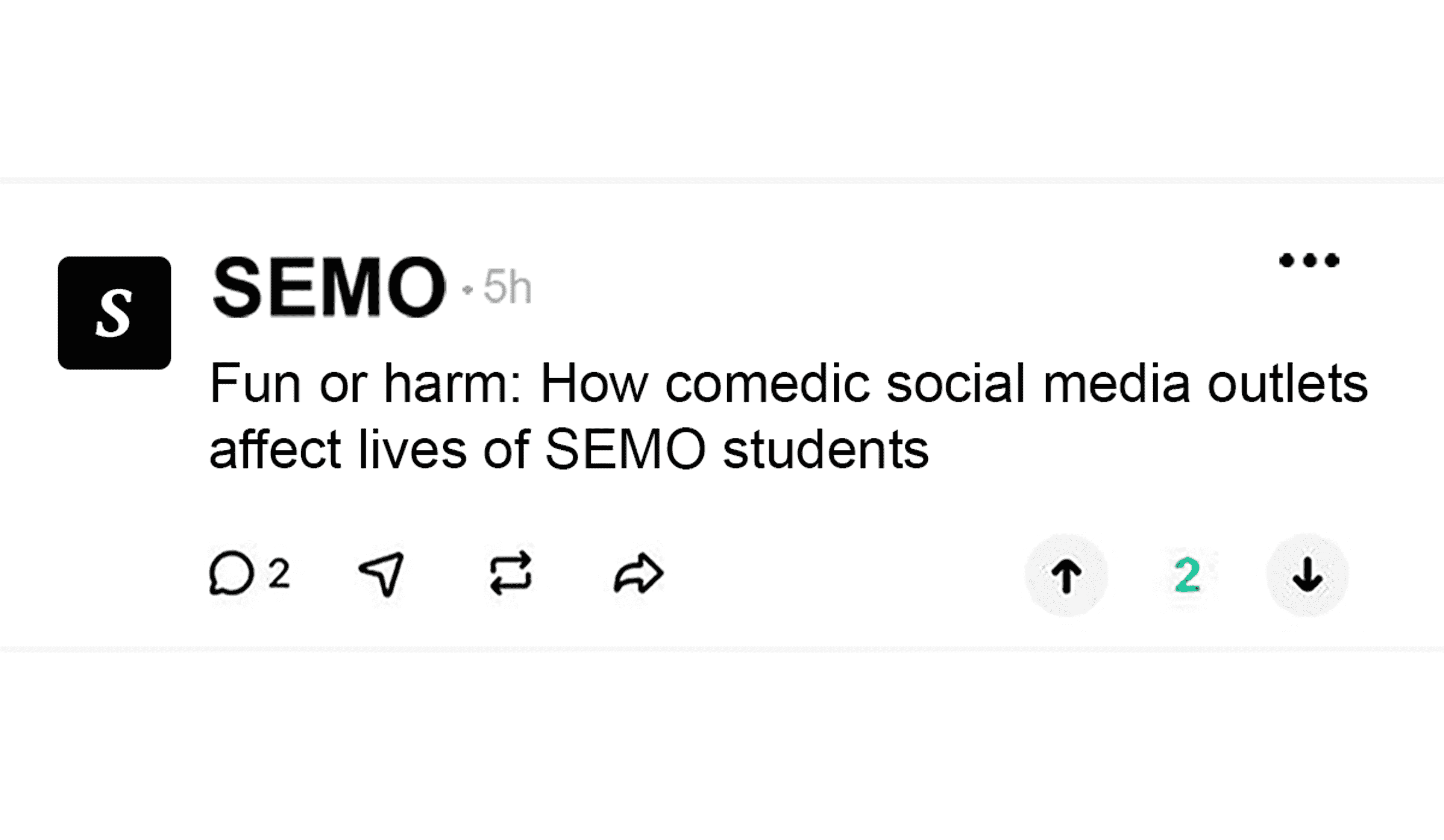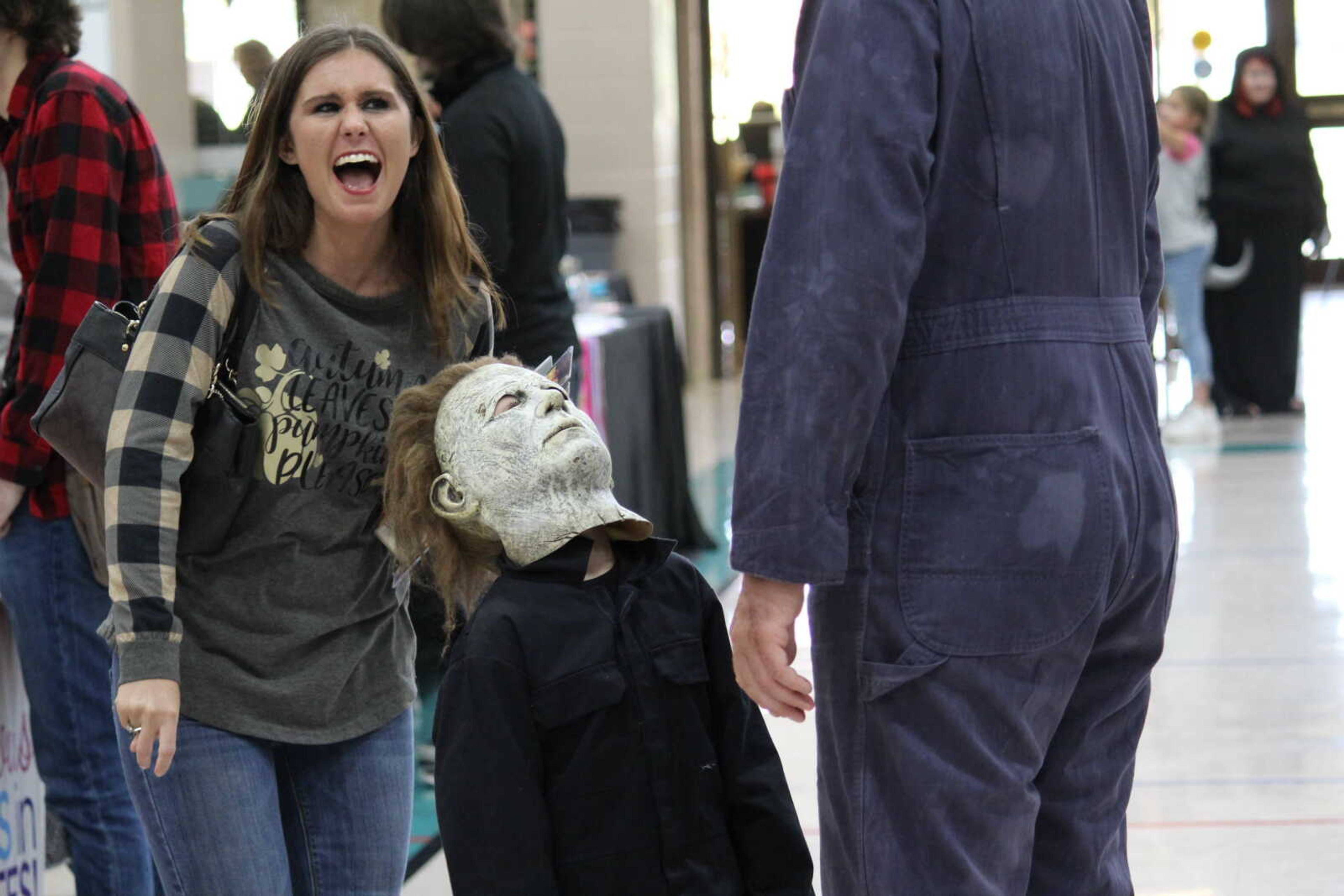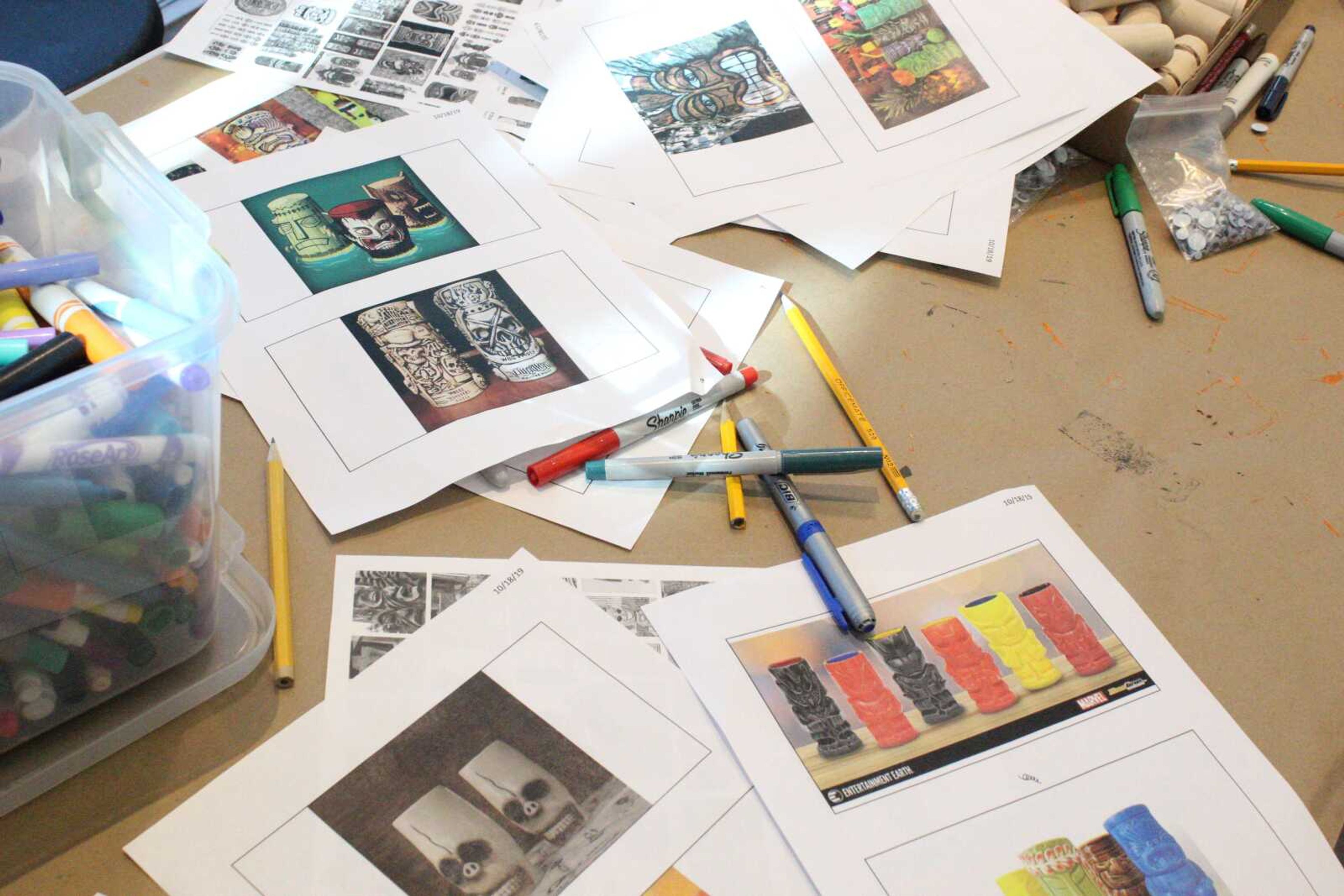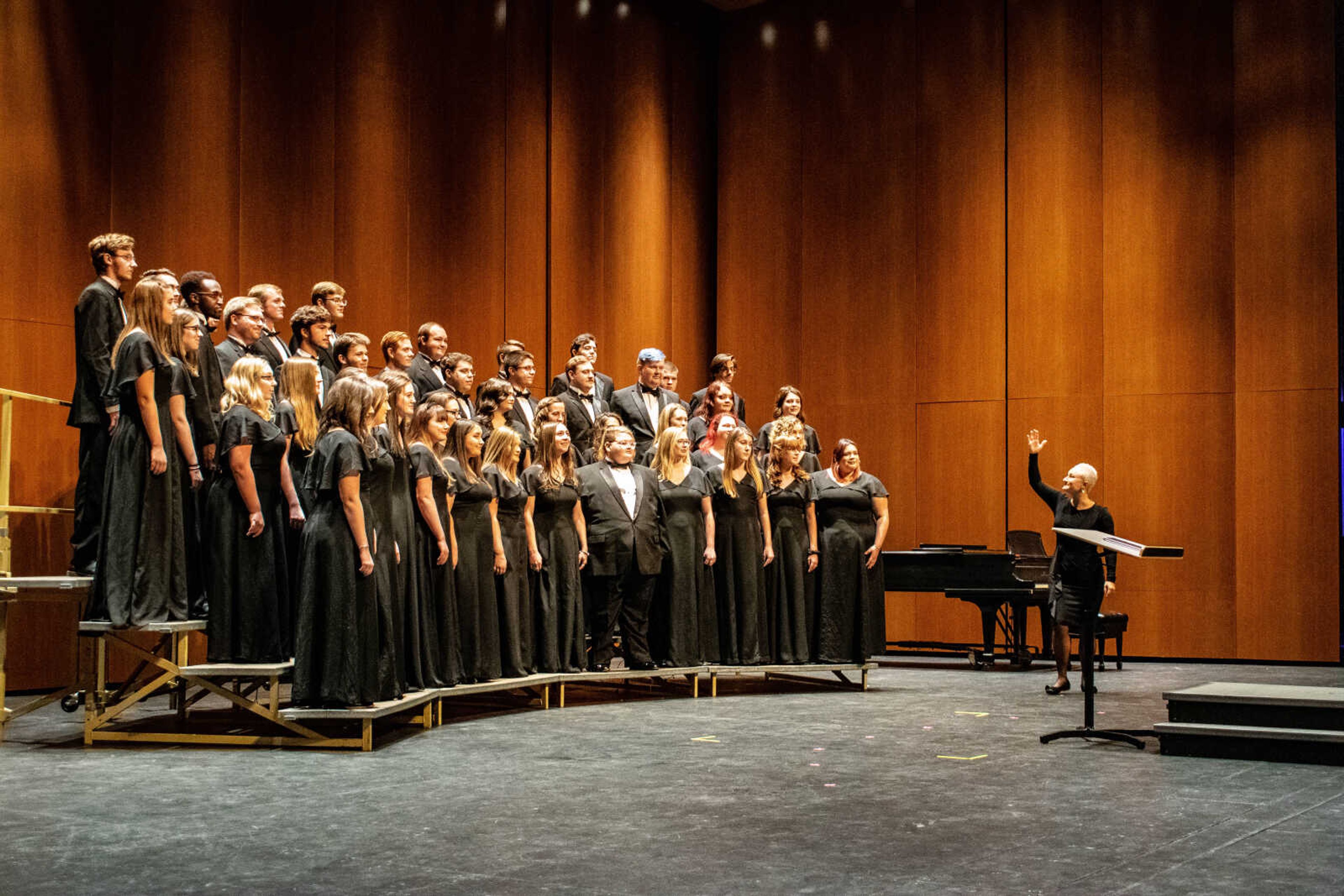Humanities classes at Southeast Missouri State University: busy work or beneficial work for undergraduate students
Southeast Missouri State University has a requirement of nine humanities credits to receive a diploma as a graduate of the university.
Southeast Missouri State University has a requirement of nine humanities credits to receive a diploma as a graduate of the university.
The university sets this in stone, and the nine humanities credits make up a small amount of the 64 total needed for graduation. Some students have no problem with this fulfillment, while some may struggle with or dislike this requirement.
The College of Humanities and Social Sciences has 8 academic departments, ranging from Criminal Justice to English and Literature.
Associate Professor and Advisor in the Mass Media Department, Dr. Sarah Cavanah, expressed her outlook on the experiences and knowledge students gain while taking humanities courses.
Cavanah made a point to let students and others know that their education is something they decide. The education students receive comes with the experiences gained in their learning. These experiences make a student a better asset to be a future worker one day.
“Every student should look at it as my education is for me, not them, but me.” Cavanah said.
Dr. Cavanah is a strong advocate for the benefits humanities courses bring to students' lives. She believes that, both now and in the future, students will come out a better person after these courses.
There is importance in classes not falling under a student’s major. Learning to have flexibility, situational exposure, and developing yourself are key factors in education.
Cavanah wants students to leave college feeling confident and ready for the world. Cavanah believes while universities are meant to prepare students for the real world, humanities classes can help students learn to enjoy life.
Professors feel students are more prepared to take on the challenges of their future work field and, therefore, encourage the study of humanities.
Associate Professor in the Department of Political Science, Philosophy, and Religion, Dr. Chris Baldwin, has his own personal outlook on the topic.
Baldwin shines light upon the fact that SEMO humanities courses are here to help form students into flexible and adaptable workers.
“You go out into the world, your career is going to change multiple times, you're going to have to deal with multiple technologies, artificial intelligence and other things that you're going to have to navigate and training for one specific career skill won't have you fully prepared.” Baldwin said.
Various skills are gained throughout a student’s journey in the humanities department. Things like soft skills, critical thinking, creative thinking, teamwork, and communication are assets a student can take with them for the rest of their life.
“A college education should not only make you a good employee, but a thoughtful citizen and human being, and that is what the humanities do,” Baldwin said.
While the general education requirement says, nine credits are enough to graduate, professors and staff seem to argue that those nine hours are not enough to fully develop the skills for a future career and overall life.
“There is a thinker in the humanities, Malcom Galdwell, who says to become an expert at anything it requires 10,000 hours of practice. It requires a constant sort of habituation effort and practice.” Baldwin said.
In developing critical thinking skills and proper communication skills, Dr. Baldwin believes more than nine credit hours are necessary.
Many fields of work overlap with humanities courses and people find themselves using skills once found in an art class, for example, without even thinking twice that their humanities course at SEMO is what gave them this skill.
Nine hours over the course of an undergraduate student’s minimum of four years at SEMO may seem like an overbearing amount but some think it's not enough.
Associate Dean and Professor in the Humanities and Social Sciences department, Dr. Joel P. Rhodes expresses his drive for the humanities and touches on his time teaching at SEMO.
“Of course, I’m biased toward the humanities, so I’m going to error on the side of saying students need even more than nine hours.” Rhodes said.
With the consideration of the nature of work and the job market changing rapidly, a significant number of students may find themselves employed in something different from what their diploma says.
Dr. Rhodes provides insight into the things humanities courses can provide to students. Rhodes believes foundational learning is the base of humanities courses.
“By offering a breadth and depth of learning, we acquaint students with the best that has been taught or written.” Rhodes said.
Southeast Missouri State University offers a variety of 30 different undergraduate and graduate programs under the College of Humanities and Social Sciences.
“There are empowering skill sets, coming from the humanities, that lend themselves well to all careers for students’ futures.” Rhodes said.
